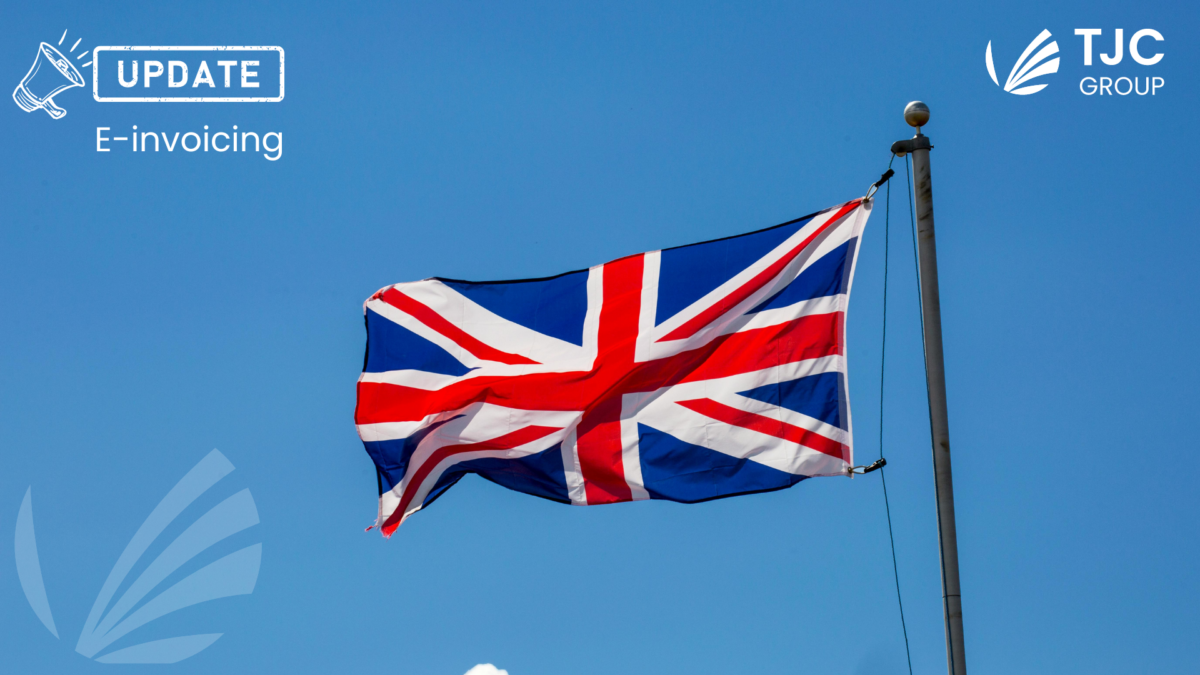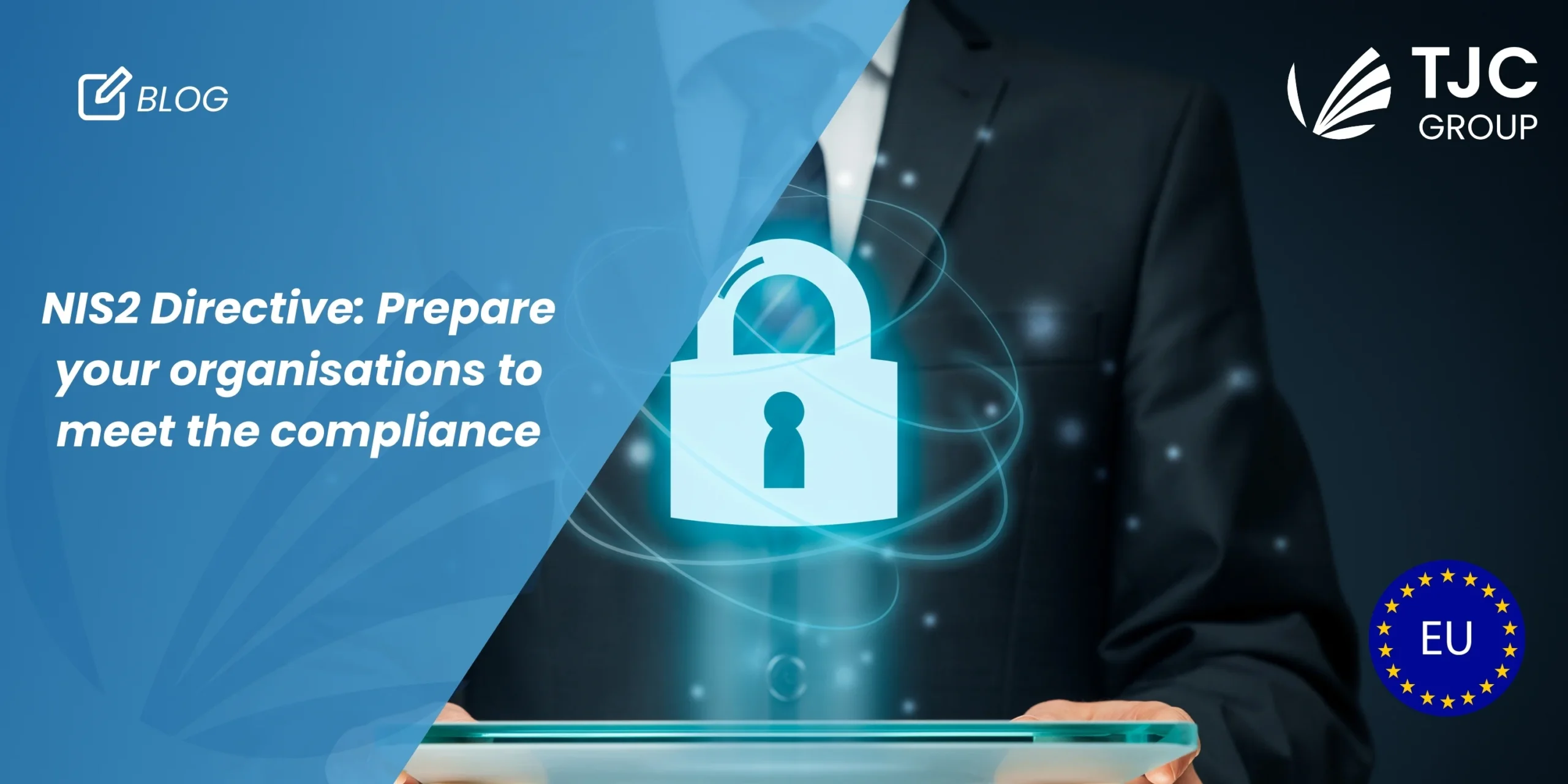Author: Priyasha Purkayastha, Sr. Content Writer, TJC Group | Co-author: Patchanok K, B2G Team Lead, TJC Group
Last week, the Chancellor (UK Minister of Finance) announced a package of measures to improve the UK economy, some of which will focus on improving the UK’s tax system. Accordingly, the national taxing authority of the United Kingdom (HMRC) will soon initiate a discussion on electronic invoicing (e-invoicing) to encourage its broader adoption among UK businesses and government departments.
Electronic invoicing would boost productivity of the UK economy
The consultation will collect feedback from companies on ways in which HMRC can promote and facilitate the adoption of electronic invoicing. The UK government has set “three strategic priorities for HMRC: closing the tax gap, modernising and reforming the system, and improving customer service”.
This initiative goes to show the British government is exploring means to boost productivity and reduce the tax gap. The introduction of e-invoicing could lead to significant productivity gains for the economy such a reduction in errors in tax returns, faster payments, improved cash blow and cost savings when automating the invoicing process. No dates have been announced yet.
E-invoicing only mandatory in the healthcare sector now
In the United Kingdom, electronic invoicing is not mandatory either at Business to Government (B2G) or Business to Business level (B2B). However, there is one exception to this rule as e-invoicing is required for sending invoices to the National Health Service (NHS). Still, public entities are still required to be able to receive and process e-invoices.
Tax obligations in the UK: Making Tax Digital (MTD) for VAT
As a reminder, (MTD) is an obligation for businesses and individuals to submit updates every quarter, keeping digital records. They must do so by using software that works with MTD system. This mandate first came into force in April 2019 and was extended later in April 2022. Who is subject to VAT returns? All VAT registered companies are subject to MTD mandate regardless of their turnover. Note there is also an obligation for income tax.
Further details can be found in this Policy paper:
What is the required storage period in the UK?
As a reminder, the required storage period is 6 years after end of accounting year.
References:
- Press release. Chancellor unveils package to deliver on promises of new government. GOV.UK. Link: https://www.gov.uk/government/news/chancellor-unveils-package-to-deliver-on-promises-of-new-government#:~:text=and%20government%20departments-,The%20Chancellor%20has%20today%20unveiled%20a%20package%20of%20measures%20to,on%20the%20government’s%20industrial%20strategy
- Policy paper. Overview of Making Tax Digital. Gov.uk. Link: https://www.gov.uk/government/publications/making-tax-digital/overview-of-making-tax-digital








